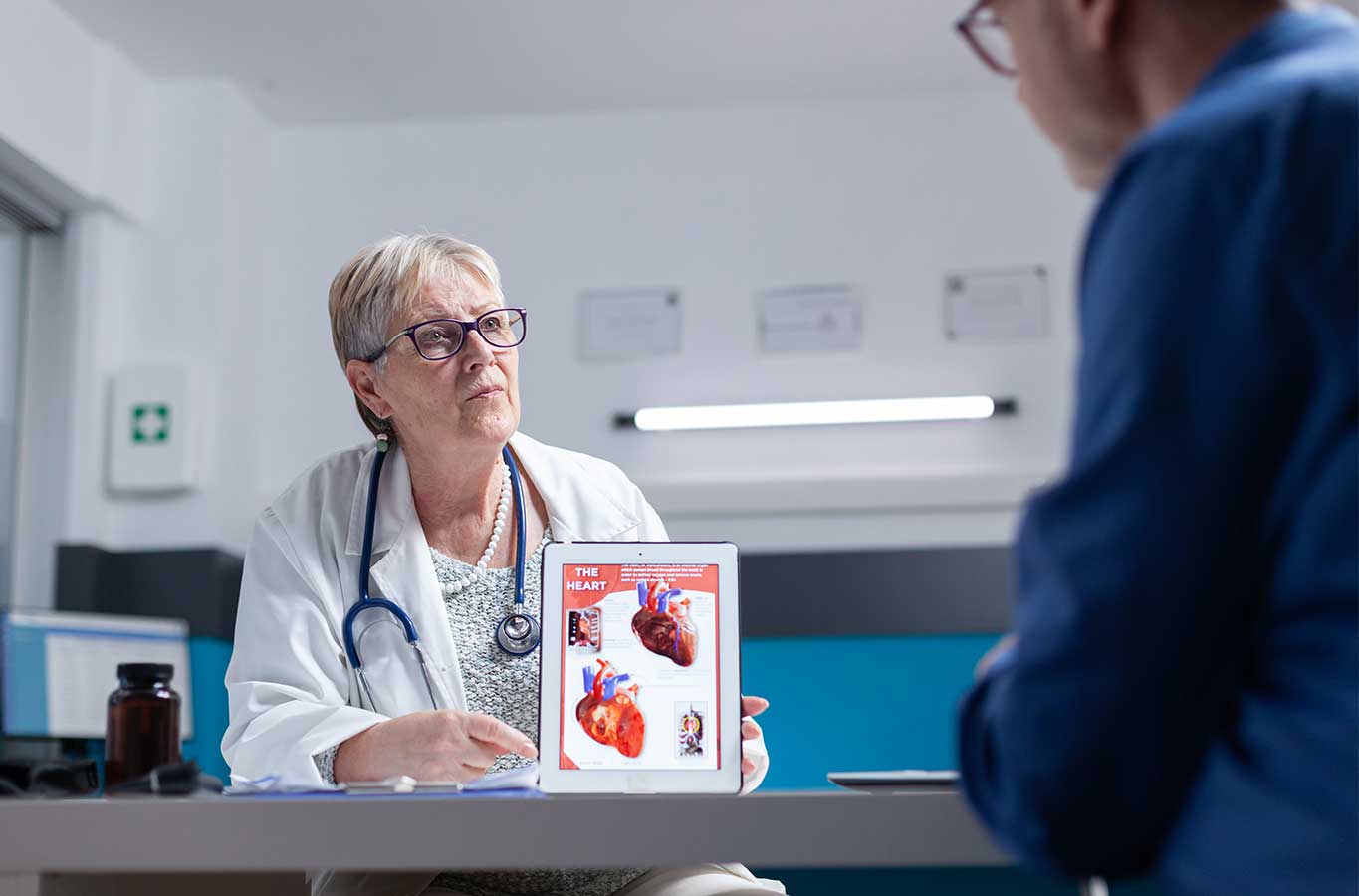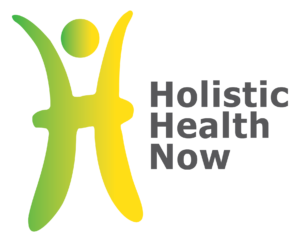
Geriatric EndoCannabinoid System (ECS) Management
Medical Cannabis for Aging Populations: Focusing on Specialized Treatments for Atrial Fibrillation, Crohn’s Disease, Migraines, Arthritis, IBS and More.
An individualized approach to medical cannabis integration is essential for providing the best individual attention in geriatric medicine. This program places a stronger focus on patient health, specialty education, and advocacy in the fields of geriatric healthcare and is focused on treating symptoms of clinical endocannabinoid deficiency (CECD), IBS, Crohn’s disease, migraines, arthritis, inflammatory conditions, or atrial fibrillation, just to name a few.
Geriatric Relevance and the Endocannabinoid System:
We monitor the endocannabinoid system (ECS) in elderly populations to understand how it controls their biological processes and homeostasis balance. Pain, disease, and even immune system defenses and responses are all influenced by cannabinoid receptors CB1 and CB2, which may be useful for older patients suffering with a variety of conditions.
Geriatric Safety and Dosing Considerations:
Precision dosing is essential for geriatric medical cannabis therapy integration. Dosing and delivery routes must be influenced by factors like age, fragility, comorbidities, and drug interactions. Patient safety is ensured while reducing risks associated with cannabis therapy by taking a cautious approach, beginning with low doses and keeping an eye out for side effects.
Doctor Supervision’s Serves As An Essential Function:
Cannabis therapeutics for older populations needs to be closely monitored by a physician, Cannabis Nursing Specialist and/or a member of the interprofessional healthcare team so the rest of the team is kept up to speed. Knowledge in addressing the specific needs and complexities of older patients is provided exclusively by professionals who specialize in geriatric care and cannabinology. Geriatric cannabinologists maintain healthy integrations into the patient’s treatment program by working closely with the entire medical team and supporting their participation at every step.
Giving Patients Clear Plans to Empower Them:
It is crucial to provide elderly individuals with a detailed and distinct treatment plan. The outcome objectives, preferred strategies, delivery methods and strains, and the expected results for efficiently managing symptoms are all outlined in this program. Patients can positively participate in the entire spectrum of the continuum of care thanks to 24/7/365 access to their care team allowing for on-demand scheduling of periodic and follow-up appointments, providing unobstructed ways to maintain clear, confidential and otherwise open communication pathways that help providers continually monitor and adjust plans.
Guiding Patients Toward Reliable and Clean Medicine:
In geriatric healthcare, access to clean, trustworthy medical cannabis is crucial for patient safety. If providers aren’t engaging rigorous quality control measures, including third-party testing, guaranteeing product purity and potency, they are in fact endangering the patient’s safety. Geriatric cannabinologists help patients select reputable sources, products and strains/cultivars tailored to their individual medical needs, prioritizing safety and wellbeing.
In conclusion, geriatric medical cannabis therapies demand a specialized approach focused on patient safety, education, and advocacy amongst the entire healthcare team. Understanding the ECS’s geriatric relevance, implementing precise dosing strategies, ensuring vigilant doctor supervision, crafting clear treatment plans, and accessing clean medicine are essential components. When approached thoughtfully and with expert guidance, medical cannabis can significantly enhance the wellbeing of elderly patients, addressing a spectrum of age-related conditions with compassion and effectiveness. Advocating for geriatric patients within the healthcare team ensures comprehensive and tailored care for this population.
- Geriatric Cannabinoid Therapeutics and Cannabis Education
- Aging EndoCannabinoid System Maintenance
- Precise Medical Supervision of Treatments
- Clear & Concise Treatment Plans
- Patient Safety, Delivery Method and Dosing Strategies
- Guidance on Cleaner Medicine and Products
What Does Compassion Center Offer For Geriatric ECS Management?
Both Compassion Center and IntegrativeECS provide integrative cannabinology, whereas IntegrativeECS provides a comprehensive program that includes the entire healthcare team, allowing Compassion Center and IntegrativeECS specialists to improve patient outcomes.
Where All Does Compassion Center Work, And Are Medical Cannabis Recommendations Available Everywhere?
Nationally, depending on the particular professional service that you seek. 18 States for medical cannabis evaluations and recommendations. Compassion Center has been moving in the direction of total human wholeness since our founding in 2001, emerging as one of the first medical cannabis clinics to integrate restorative yoga and deep-tissue massage with all-natural pain management solutions for an improved outcome.
Does Medical Cannabis Negatively Impact Geriatric Patients?
Medical cannabis can potentially have negative impacts on geriatric patients, particularly if it is not used appropriately or under medical supervision. Here are some potential risks and concerns:
Impact on Cognitive Function: The aging brain may be more vulnerable to the effects of cannabis, especially THC, which can interfere with cognitive function, memory, and executive functioning. This could exacerbate cognitive decline and increase the risk of dementia in elderly patients if the wrong strain is used.
Psychiatric Effects: Elderly patients may be at higher risk of developing psychiatric disorders with cannabis use, including mood disorders such as depression and anxiety. Those with pre-existing mental health conditions may experience worsening symptoms if they are not provided with the right strains/cultivars.
Respiratory Issues: Inhalation of cannabis smoke can irritate the lungs and airways in elderly patients, leading to respiratory symptoms such as coughing, wheezing, and bronchitis. This could pose particular risks for seniors with underlying respiratory conditions like COPD. Use should be supervised to determine the best route of delivery given the patient’s current list of diagnoses.
Cognitive and Behavioral Impairment: Chronic cannabis use in geriatric patients may result in cognitive impairment, affecting attention, concentration, and motivation. This could impact activities of daily living (ADLs), daily functioning and increase the risk of accidents and falls in the elderly if too much is consumed.
Risk of Dependency: Geriatric patients using cannabis chronically or at high doses may be at risk of developing dependency and addiction, and while far less concerning than opioids it is still something that needs to be monitored and considered during the scope of care. Cannabis use disorder can also have significant negative consequences on physical health and exacerbate existing age-related health issues.
Medication Interactions: Medical cannabis may interact with other medications commonly used by geriatric patients, potentially altering their efficacy or increasing the risk of adverse effects. Healthcare providers must carefully monitor for drug interactions and adjust treatment plans accordingly.
Legal and Ethical Considerations: The use of medical cannabis in geriatric patients raises legal and ethical concerns, as cannabis remains a controlled substance in many jurisdictions. Elderly patients and their caregivers may face legal repercussions or stigma associated with cannabis use, impacting access to healthcare and social support. Please check the laws in your area before engaging in any type of activity.
Overall, while medical cannabis may offer therapeutic benefits for some geriatric patients, it is essential to approach its use cautiously and under medical supervision. Elderly patients and their caregivers should carefully consider the potential risks and benefits of medical cannabis, exploring alternative treatments and consulting with healthcare providers knowledgeable in geriatric cannabinology.




